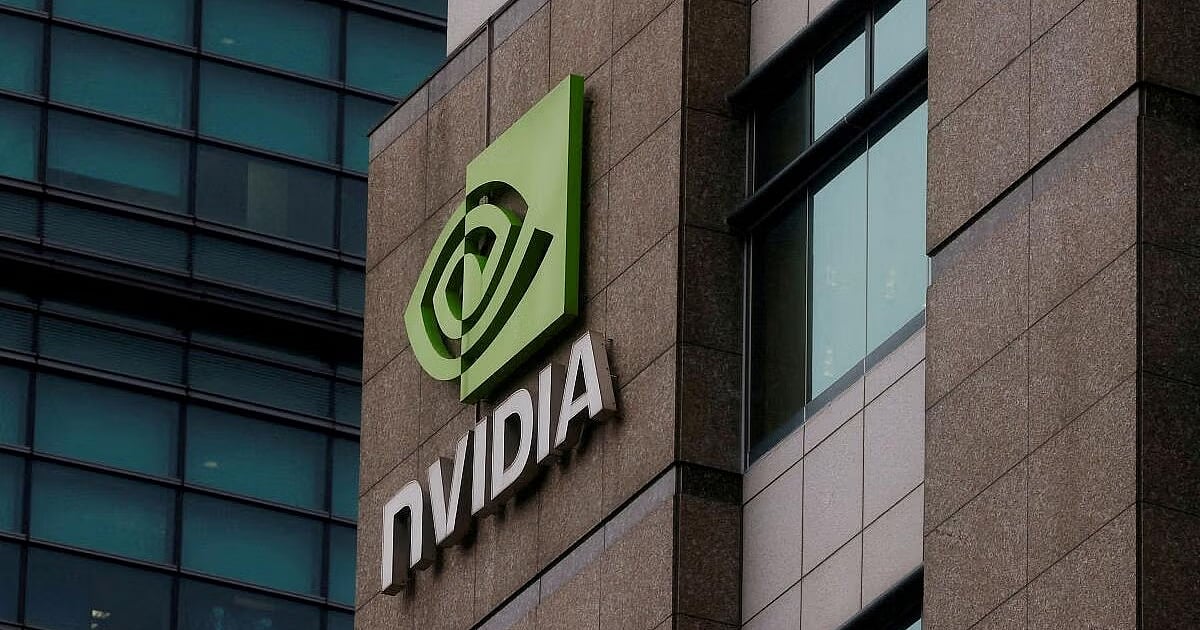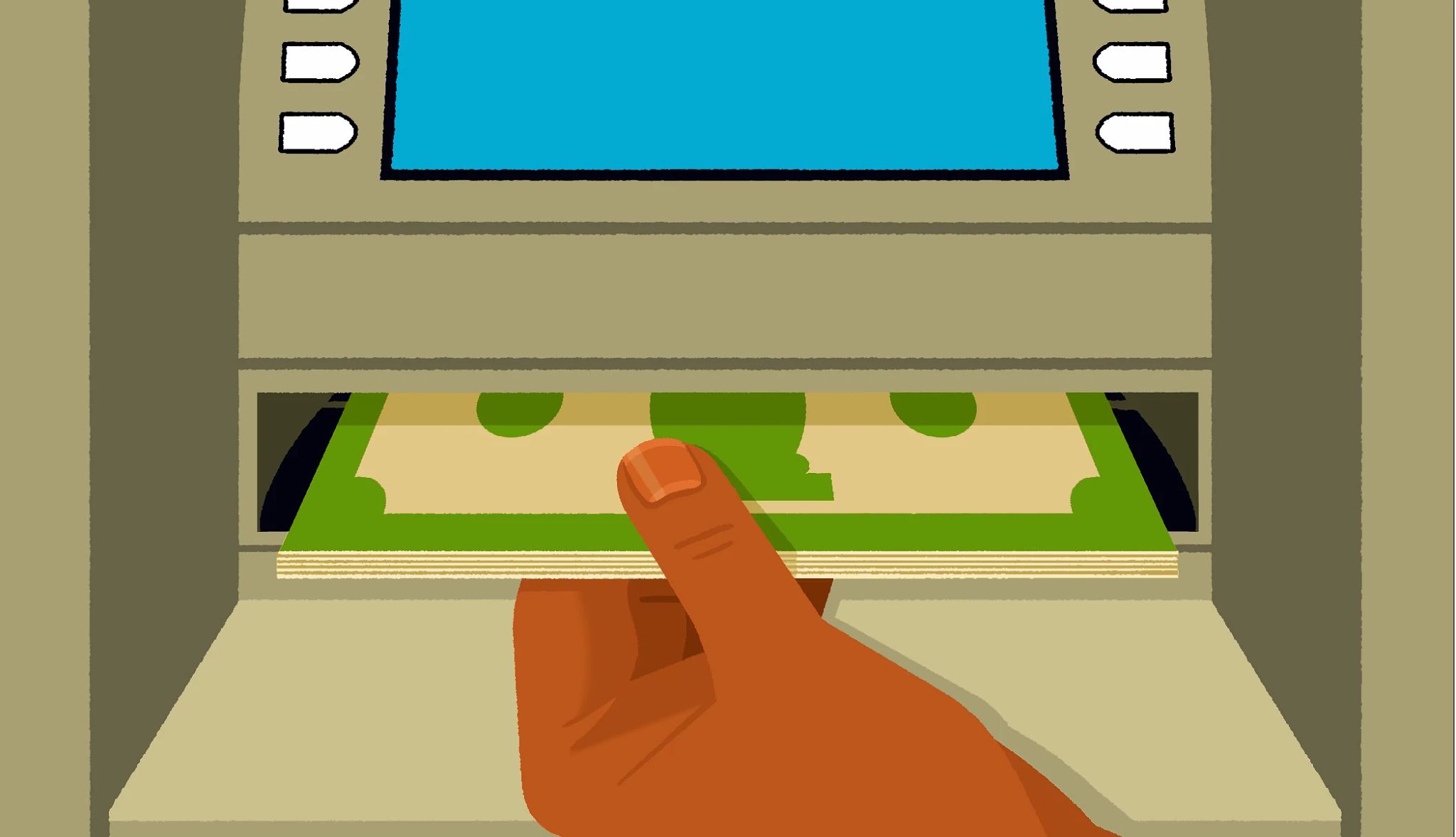
- Select a language for the TTS:
- UK English Female
- UK English Male
- US English Female
- US English Male
- Australian Female
- Australian Male
- Language selected: (auto detect) - EN
Play all audios:
The correct answer to this question is ONE, as opposed to what a majority of voters thought. The human mind is capable of performing one task at a time. Multitasking is not the most
efficient way to go, boys and girls, and Dr Samir Parikh, Director, Department of Mental Health and Behavioural Science at Fortis Healthcare agrees. So, is multitasking a myth? > It is a
myth that multitasking is beneficial in improving > efficiency, as the human mind is inherently wired to be focused > selectively on one task at a time in order to ensure minimal human
> errors and thereby improve productivity. Dr Samir Parikh But before we write it off completely, here’s another doctor who doesn’t agree entirely. Dr Sameer Malhotra, Director,
Department of Mental Health and Behavioral Sciences, Max Hospitals, says that “if organised with appropriate delegation and prioritisation, multitasking lessens the burden and improves the
quality of performance”. But he also adds a word a caution: > If one person tries to do everything together, one can end up > feeling miserable and ineffective, associated with
substandard > outcome. Dr Sameer Malhotra HOW DOES MULTITASKING AFFECT OUR PRODUCTIVITY? Long story short -multitasking leads to a direct fall in productivity, and both doctors agree on
it. Dr Parikh specifically points that out when he says: > Multitasking, or focusing our attention on multiple tasks at the > same time tends to ensure a divided attention, thereby
increasing > the risk not only for greater frequency of human errors, but also > increasing our levels of fatigue at the same time impacting our > efficiency adversely. ARE THERE
PARTICULAR PERSONALITY TYPES THAT ARE MORE LIKELY TO MULTITASK? While we are all in the habit of multitasking, doctors point out that some kinds of mental states particularly might make a
person overly active, but also just as under productive. > People who are high on anxiety are likely to multitask. Also, in a > manic state, people end up becoming overactive and
underproductive. Dr Sameer Malhotra When it comes to specific personality types, high strung people who are always on the move, with long to-do lists are more likely to choose multitasking
as a way of life. > Individuals who are typically always “on the go”, and who tend > to be aspiring to be achieving more than would be expected are > individuals who prefer to
multitask. Further, these are individuals > who are unable to relax and tend to be restless, getting distracted > easily and can also be hyperactive at times. Dr Samir Parikh HOW TO
GET OUT OF THE HABIT OF MULTITASKING? Now that we have concluded that multitasking is not the best decision when it comes to efficiency and productivity, how do we get out of the habit?
Doctors suggest that it is important to consciously make the decision to focus on a single task at one time. > It is advisable to focus on a single task at hand to ensure higher >
efficiency and productivity as well as the quality of the task at > hand, even for automated processing of habituated tasks like > driving. Therefore, it is necessary to prioritise
between a multiple > set of tasks at hand and ensure you take breaks in between to give > time for yourself to recuperate, while handling multiple roles. Dr Samir Parikh Dr Malhotra
agrees with planning and prioritising as being key points, along with adding that it’s important to not over-commit. > Avoid over-commitment and procrastination. It’s important to set
> small targets in line with the larger goals/aims, and to reward > yourself and celebrate small achievements. All of this helps in > maintaining motivation and improves overall
performance. Dr Sameer Malhotra Published: 06 Nov 2018, 11:07 AM IST









